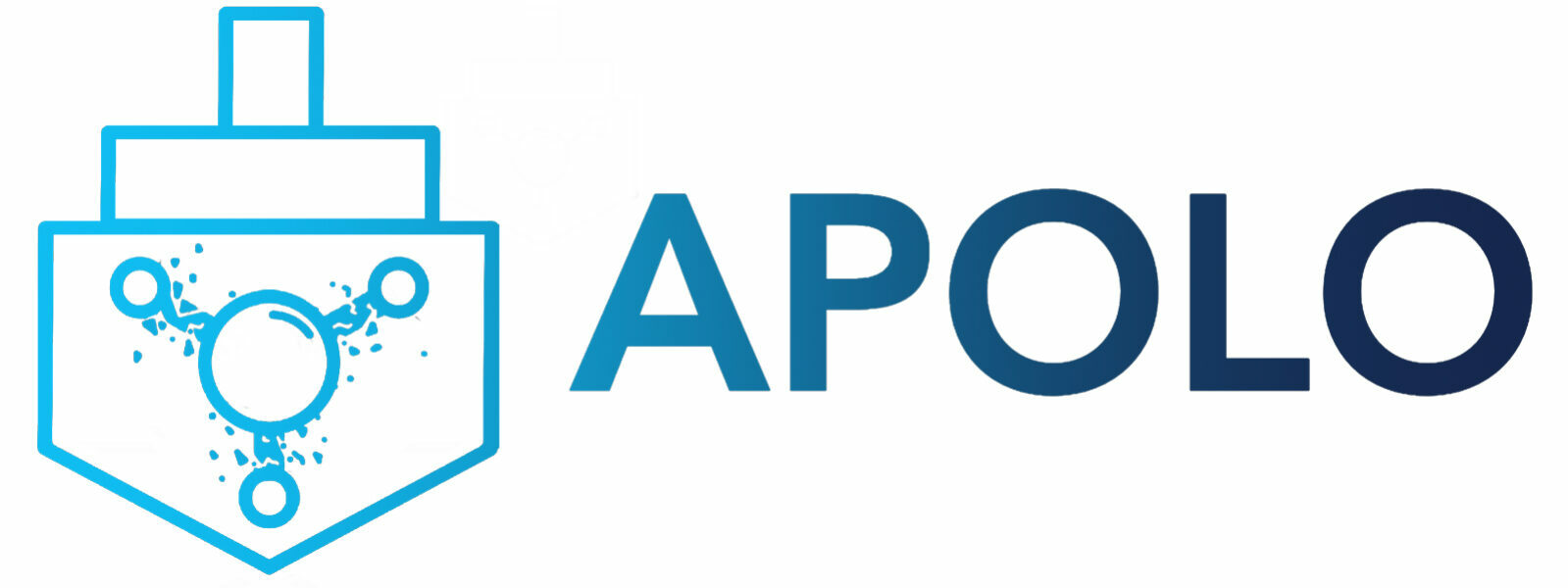APOLO Project STARTed 1st January 2024!
The APOLO project, acronym for Advanced POwer conversion technoLogies based on Onboard ammonia cracking through novel membrane reactors, has just started on January 1st, 2024.
The project received more than 7.5 MEuro through the European Climate, Infrastructure and Environment Executive Agency (CINEA) under the powers delegated by the European Commission.
12 international project partners, coordinated by Tecnalia, and with a large industrial participation, joined forces to develop the components required to use ammonia as fuel in maritime transportation:
The APOLO project coordinated by TECNALIA Membrane Technology has just started.
Below the press release for the project.
TECNALIA Research & Innovation
TU/e SUSTAINABLE PROCESS ENGINEERING
Eindhoven University of Technology
1 Cube BV
Corvus Energy
H2SITE
Nuvera Fuel Cells, LLC
Chalmers University of Technology
LEC GmbH
Grupo Fertiberia
Astilleros de Santander S.A.U.
Johnson Matthey
CINEA – European Climate, Infrastructure and Environment Executive Agency
Through a holistic approach, APOLO aims to tackle the challenges of power conversion from ammonia and develop an efficient and flexible ammonia cracking technology. This technology will be coupled with fuel cells and internal combustion engines to achieve complete decarbonization of the maritime sector.
As the main objective of the call is to demonstrate scalability beyond 3MW, the consortium will focus on showcasing the following demonstration units: i) A 125kW power conversion system that utilizes an ammonia cracker coupled with a PEM fuel cell system, achieving an overall system efficiency of 51% to 54%. The ammonia cracker will be customized to work with different pressure conditions and efficiency levels to evaluate the flexibility of the cracking system for all types of PEM fuel cells. ii) A 125kW partial ammonia cracker coupled with a 4-stroke engine, exhibiting an overall system efficiency above 45%. A Selective Catalytic Reduction system (SCR) will also be developed for the removal of NOX emissions from the exhaust of the novel engine. Thus, APOLO is dedicated to minimizing the ecological footprint of transportation and energy, focusing on the maritime sector.
To achieve this, we’re actively developing innovative power conversion technologies such as cracker, fuel cell, and engine, and utilizing life cycle assessment (LCA) at various stages of product development. The technologies developed in APOLO will be capable of targeting the first 30,000 ships in the market. Initially, the focus will be on vessels with 1 to 10 MW propulsion, with a significant number of them being around 3 MW in the next decade, as these are the first vessels relevant for ammonia-powered solutions.
Project partners


